One of the requirements for a good camera is that it can make the photographer's presence infinitely absent.
I feel this especially when I photograph abroad. There are many environments where being seen as a photographer is a risk in itself, and the more you look like you are carrying an expensive camera, the more chances you have of getting into unnecessary trouble. The Philippines, where I went to photograph this summer, was one such country. When you think of this country, many of you may think of beach resorts and beautiful seas, but a walk through the streets will show you that these are by no means the only things this country has to offer.
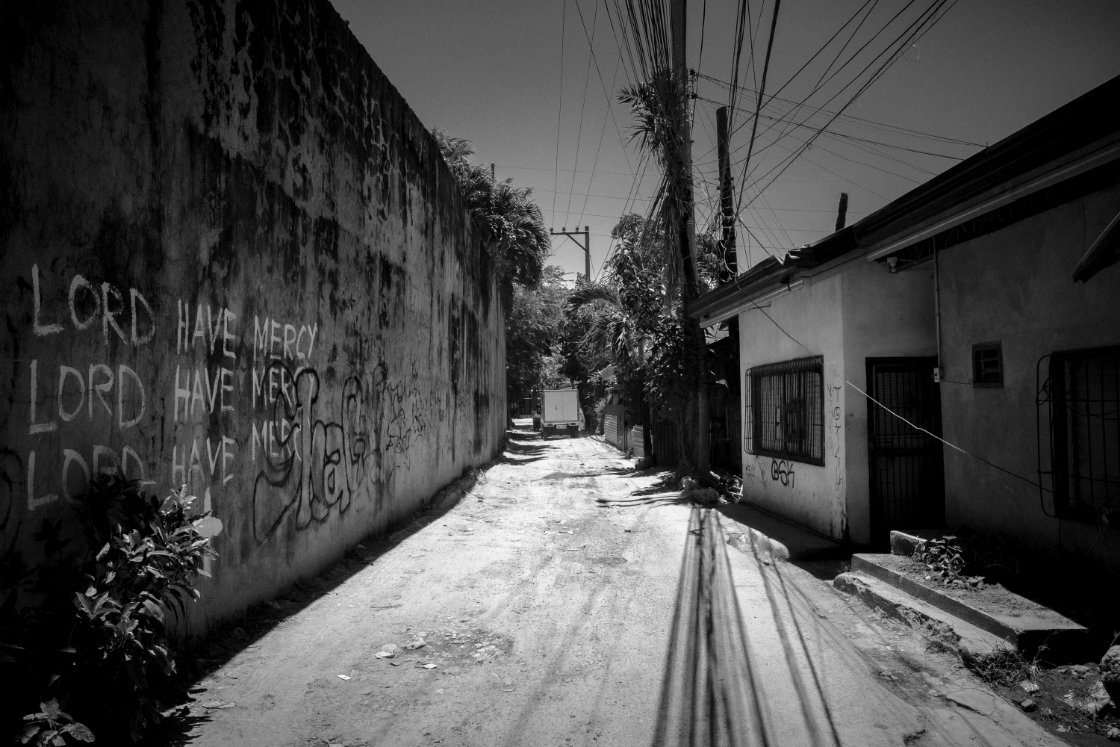
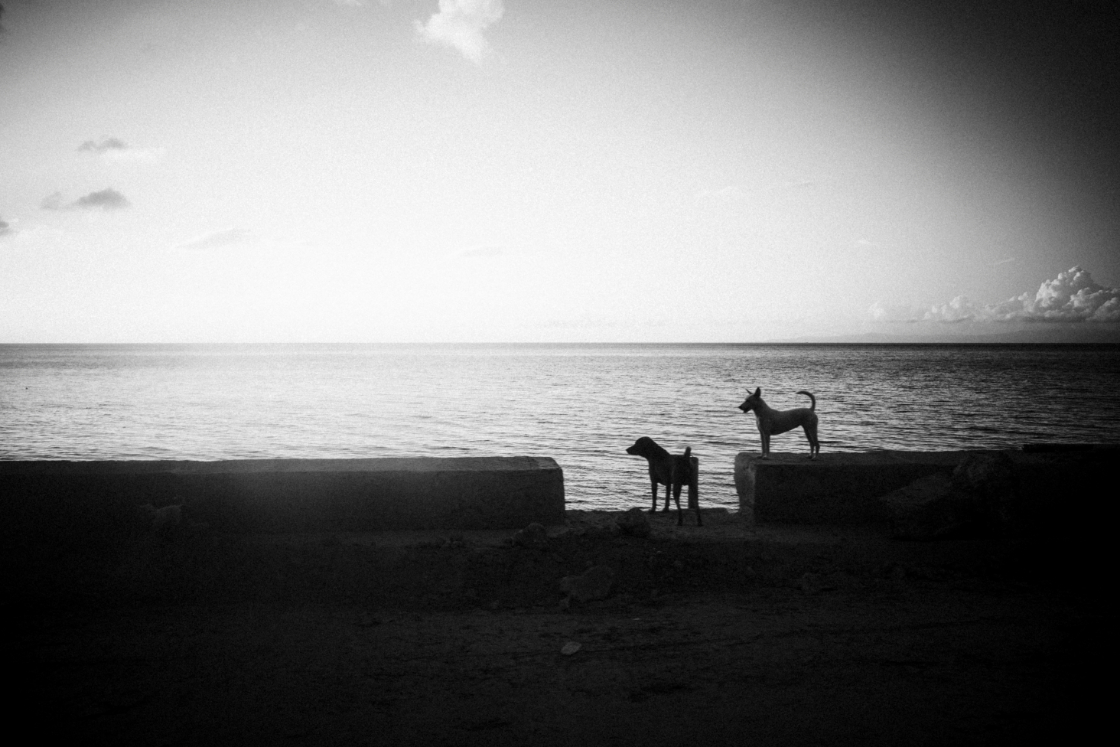
On my first day there, I took a mirrorless camera along with my GR III to take some street snapshots, but I soon found myself picking up the mirrorless camera less and less. Just carrying a big, expensive-looking camera was enough to attract hawkers, beggars, and children. Eventually, even stray dogs would come up to me, attracted by the lines.
I learned the minimum amount of the local language that night. The next day, I reduced my belongings as much as possible and went out with only my GR III in my pocket. Using even a little of the local language completely changes the way people react to you. Many people are naturally jovial and like to talk to people, so there are more opportunities for them to converse with you without counting money.
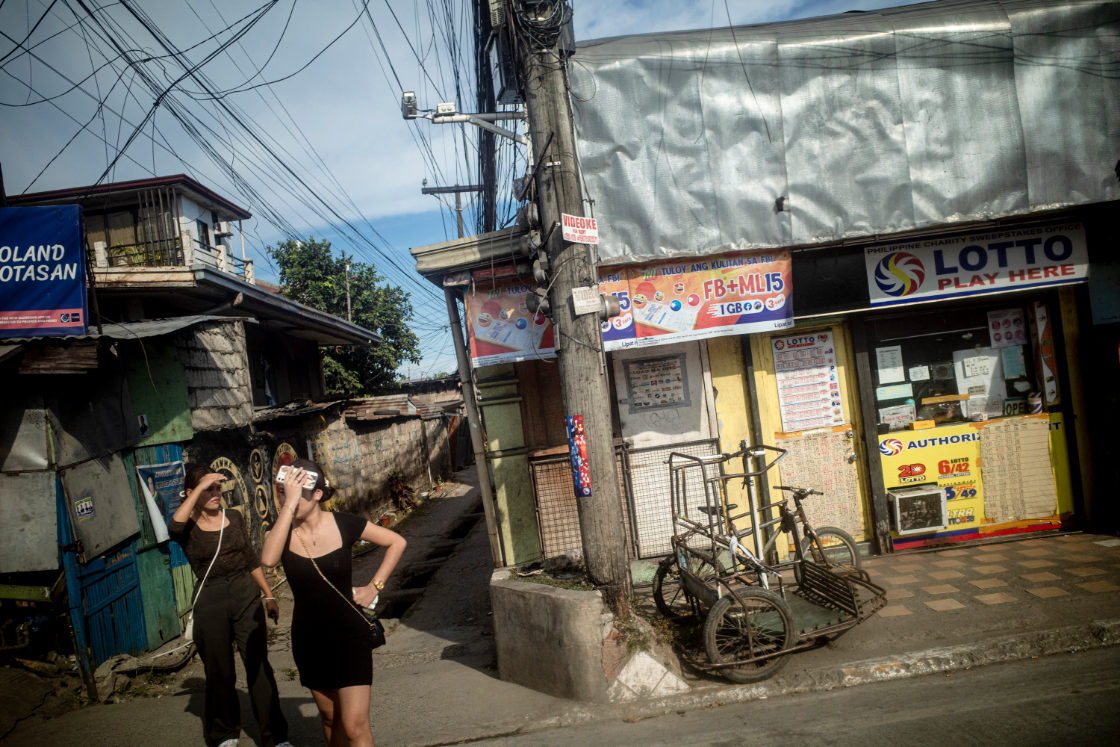
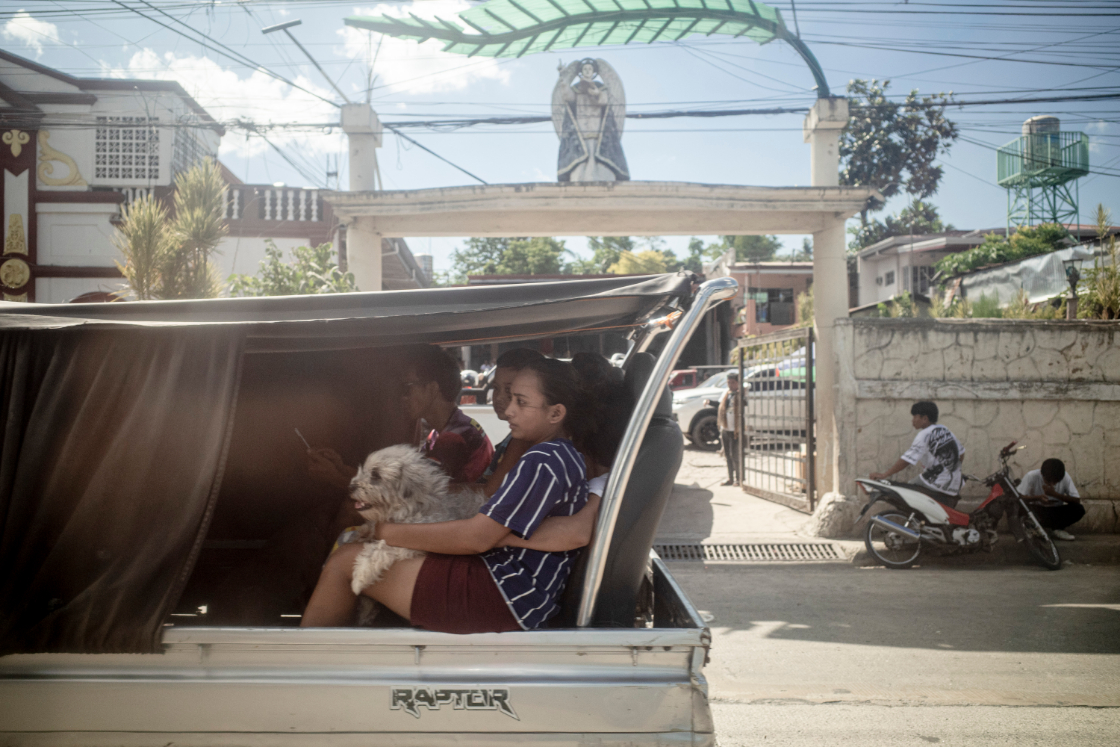
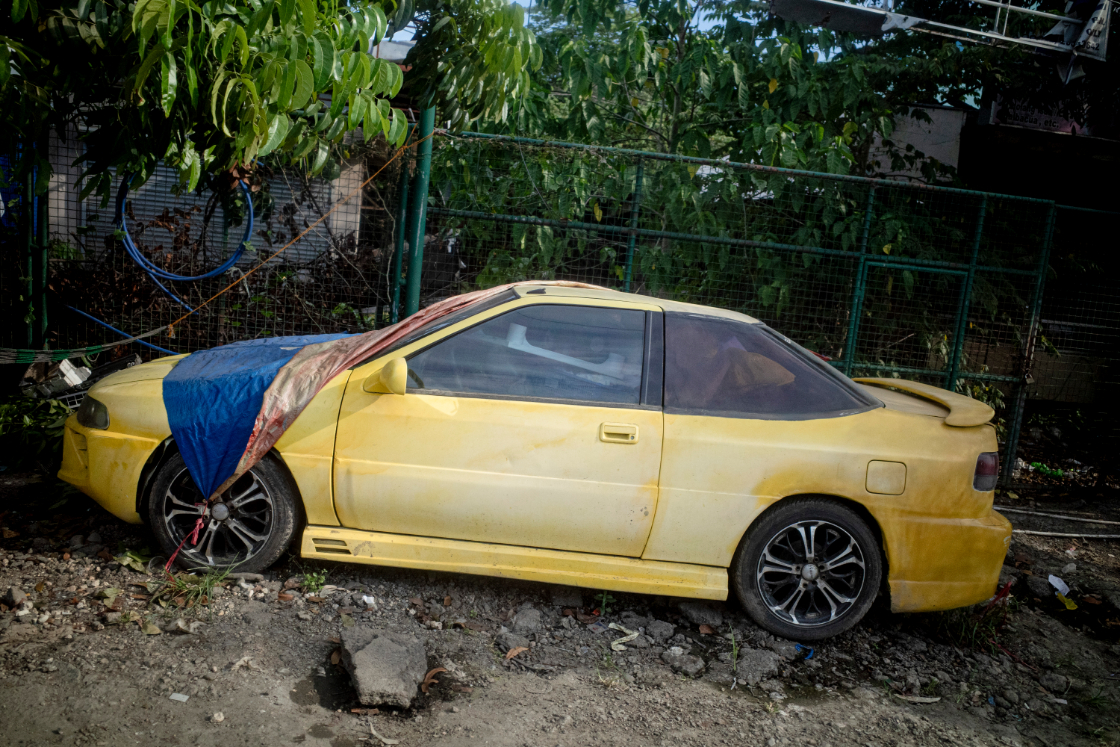
The stares you get with a big camera are almost imperceptible when you are shooting quickly with a small compact that fits in the palm of your hand; the GR doesn't look expensive at first glance, in a good way, and it doesn't amplify your presence. It also does not give the impression that you are a serious photographer. Once you get the hang of it, you can almost eliminate any presence of yourself while shooting and make it look like you are just walking. Of course, if you want people to look at you, you can intentionally make them aware of the camera. Eliminating the impression that a Japanese person is taking photographs can have a significant effect on your photographs themselves. The nervousness you feel is somehow transmitted to the people around you. If you stare at them, they will pay attention to you. For street snapshots, it is essential to simply walk around and watch, and to be both spontaneous and reactive in capturing the moment, and a camera that can do this is critical. Ideally, the camera should be able to capture the moment when you think, “Ah!”
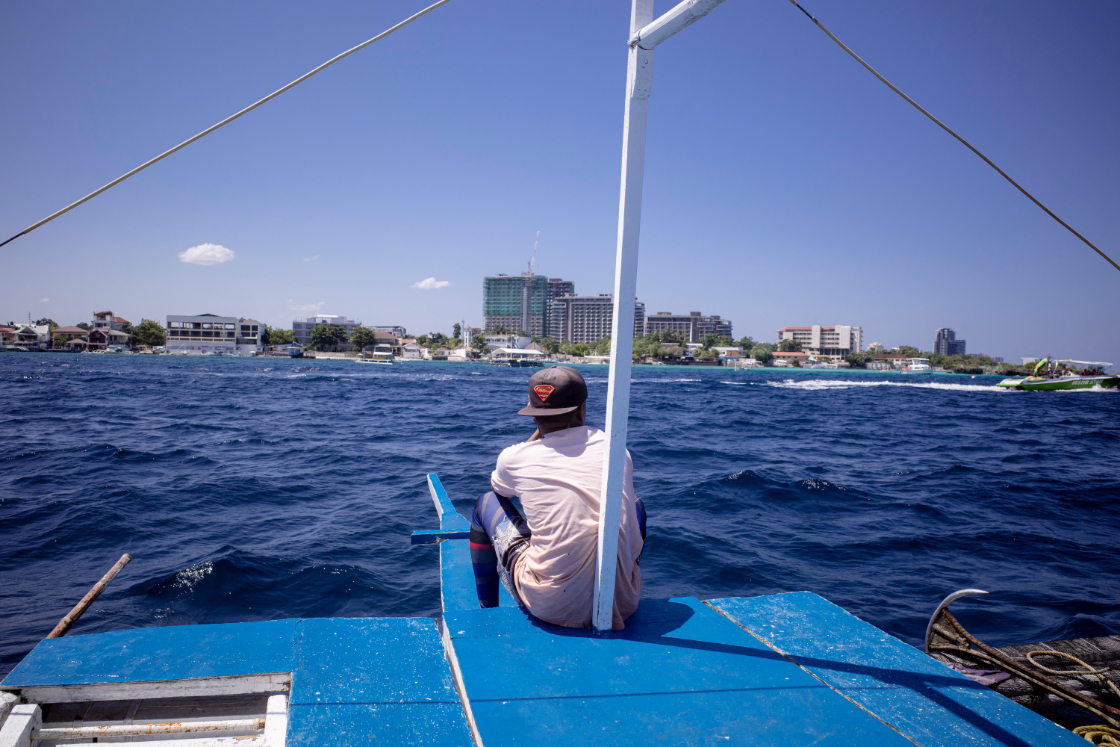
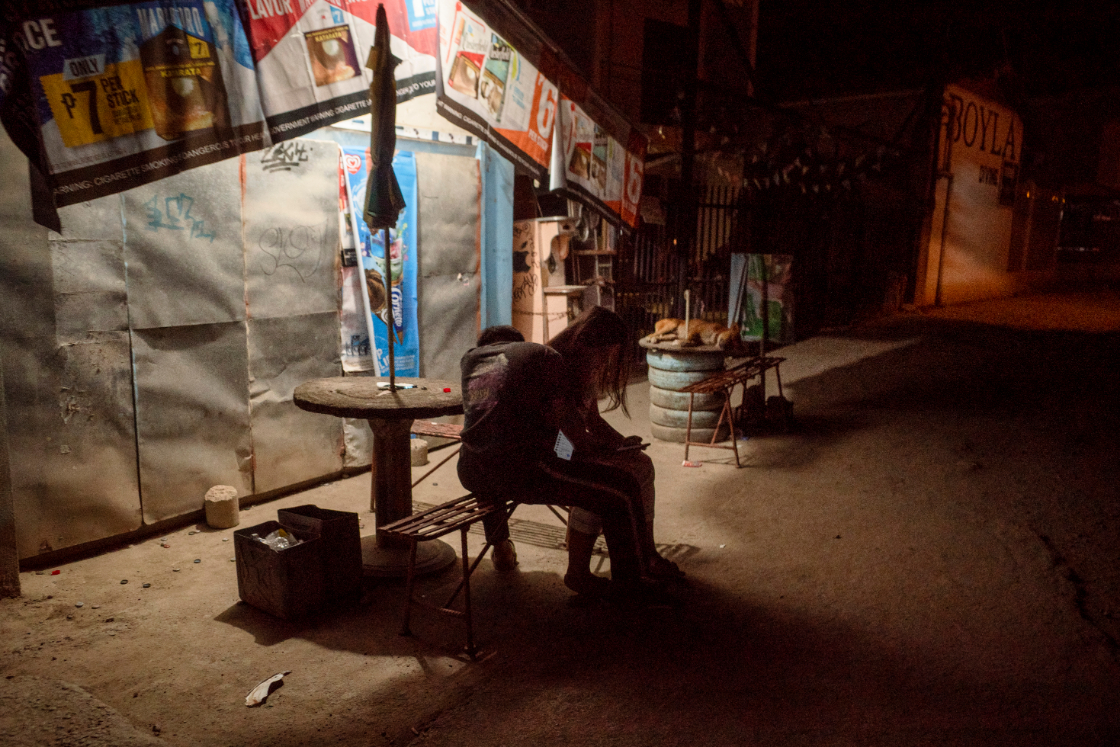
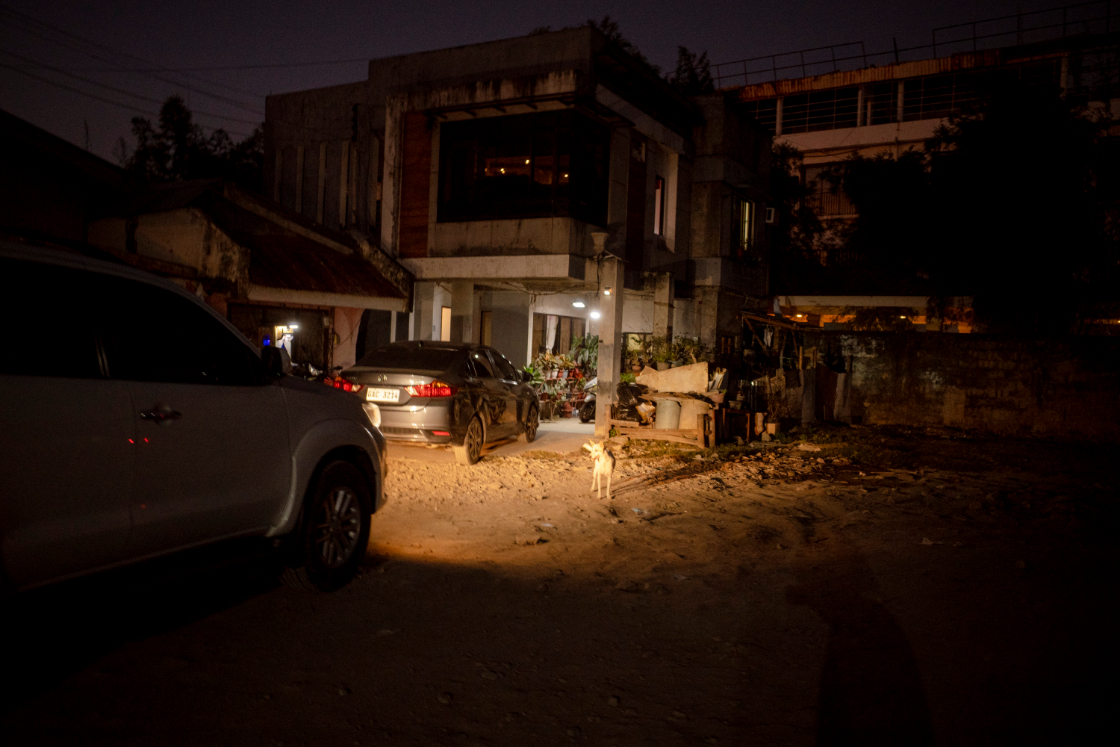
When I was a student, Mr. Daido Moriyama told us in one of his lectures to “aim the lens at the presence (not at the object itself).” It is only recently that I have come to understand in depth what he was suggesting. I have always practiced pointing the lens at some kind of ‘presence’, but now I have become aware that I, the photographer, should be the only one who perceives the presence, not the people around me. Without letting them know of my intention, I walk as if I am blending into the city. I have come to believe that this is more important than the act of taking the photograph itself. As I thought about this, the basic boxing principle of punching without being punched suddenly came to mind. I thought of Manny Pacquiao, Nonito Donaire, and other Filipino boxers, and I thought it was similar to snapshots, and yet completely different.
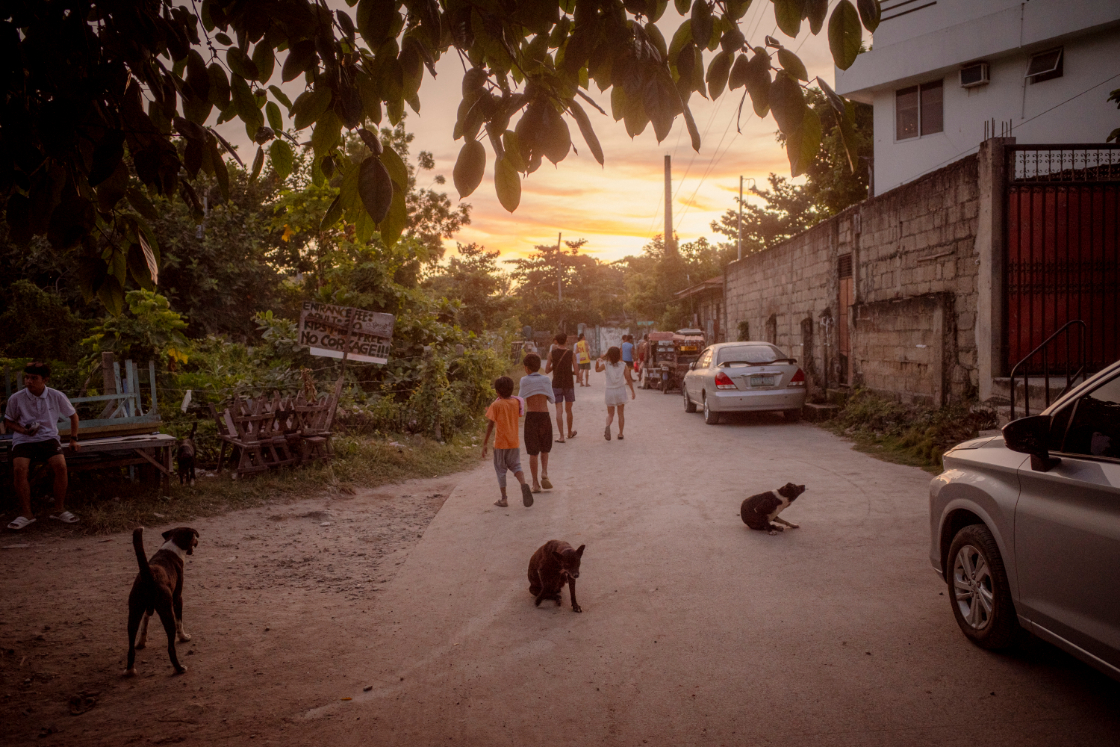
Ryo Ohwada
Born 1978 in Sendai, Japan. Graduated from Tokyo Polytechnic University, Department of Photography, and completed the Graduate Course in Media Art at the same university. In 2005, he was selected as one of the "ReGeneration.50 Photographers of Tomorrow" by the Kunstmuseum Elysee, Switzerland. In 2011, he received the New Photographer Award from the Photographic Society of Japan. He is the author of "prism" (2007, Seigensha), "Gohyaku rakan (Five Hundred Arhats)" (2020, Ten'onzan Gohyaku Rakanji Temple), "Journal during COVID-19 State of Emergency" (2021, kesa publishing), "Shashin seisakusha no tame no shashingijutsu no kiso to jissen (The Basics and Practice of Photography Technology for Photographers)" (2022, Impress), and with poet Chris Mozdel, "Behind the Mask" (2023/Slogan), etc. Associate Professor at the Faculty of Arts, Tokyo Polytechnic University.
www.ryoohwada.com
https://www.instagram.com














